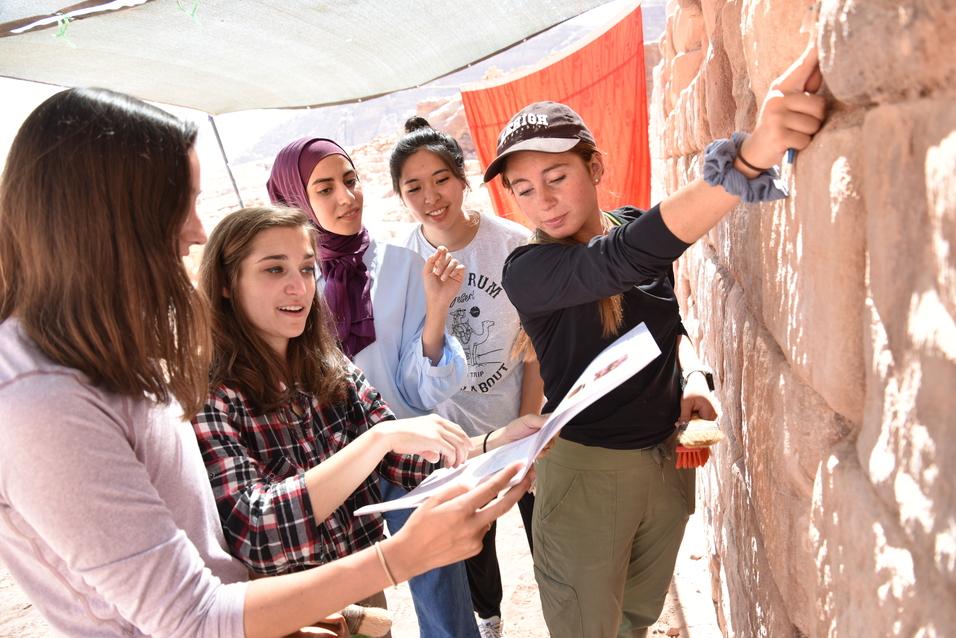How is an interdisciplinary program different from a traditional major?
Interdisciplinary programs give students experience in analytical approaches, writing styles, and content knowledge from multiple fields of study. By contrast, traditional majors train students within one discipline. Global Studies faculty come from across multiple disciplines at Lehigh, including political science, history, literature, sociology, and anthropology. That means that Global Studies students have the opportunity to learn how to conduct fieldwork, interviews, focus groups, archival research, surveys, statistical analysis, and more. They can choose to develop their skills in writing like journalists, storytellers, scientists, activists, or policymakers. One of the best aspects of an interdisciplinary major is that students receive a well-rounded education.
What is the difference between Global Studies and International Relations?
Global Studies is about globalization in all its aspects: economic, cultural, political, historical, and social. GS recognizes globalization as a phenomenon which requires a diversity of approaches to understand this complex process. GS is thus an interdisciplinary major – the faculty are professors from different departments across the university, including history, political science, modern languages and literatures, sociology, anthropology, journalism and communication, etc. They all study the interconnections between people around the globe, but recognize that only by combining their perspectives can they achieve a holistic, nuanced understanding of the current and future state of a globalizing world.
International Relations (IR), meanwhile, represents a single field of study. Professors of IR are trained as scholars of Political Science, which traditionally focuses on trying to understand and predict the actions, behaviors, policies, and impacts of nation-states. Your Global Studies courses will prepare you to think at multiple scales: taking into account individual experiences of globalization as well as the roles of rural populations, urban communities, non-governmental organizations, corporations, and nation-states.
Is study abroad required?
A study abroad experience or international internship is required for all GS majors at Lehigh. The GS program provides travel grants to make going abroad feasible for all GS majors, and Lehigh has other means of support available. Students preferably engage in a semester-long study abroad program (during the academic year). If a student cannot spend a semester abroad, they may substitute an international internship for study abroad; the internship must include at least 100 hours over at least six weeks of the summer and must be at an organization concerned with global issues. If extended time abroad is a hardship, GS students may petition the program director to undertake a U.S.-based internship directly involved in international issues.
What types of careers does a Global Studies degree prepare me for?
The opportunities and possibilities for different careers in global studies are vast. Many of our graduates are working for international organizations, on issues such as health, human rights, migration, and the environment. Others pursue careers in international law, global media and art, transnational business, education, public health, social research, government, and diplomacy. GS faculty take an active role in preparing students for opportunities after graduation, including facilitating alumni networking, writing letters of recommendation, sharing job opportunities, and providing formal professional development mentorship. See more on our career page!

